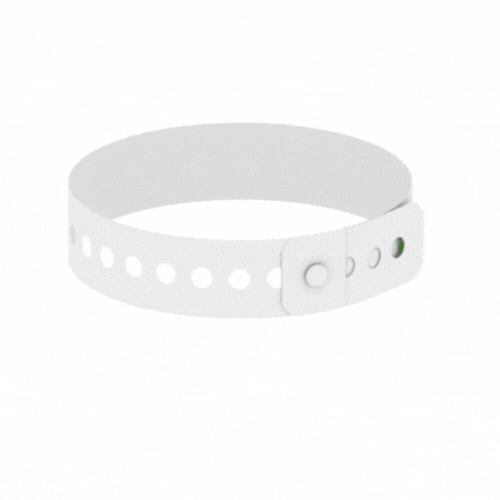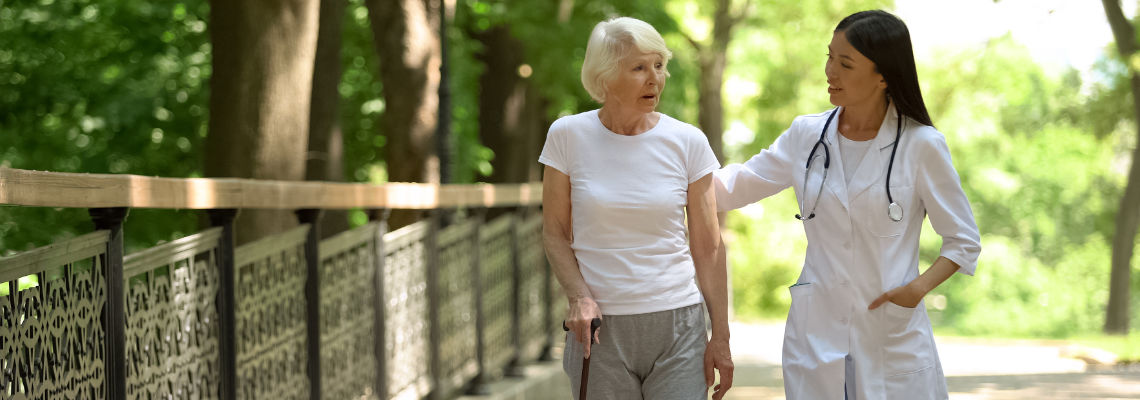Best in Patient Outcomes
Complex surgeries all come with complication rates. Modern medicine continues to improve the odds. but there is always a small risk for an adverse event or a bad outcome. Neuromonitoring during surgery significantly improves the odds by alerting the surgeon in a timeline manner. Watching the signals during monitoring will highlight any changes such as delays in responses or nerve irritation. By alerting the surgeon right away. the surgeon can back off. change the approach and avoid injury to any nerve structure. NMA has been one of the pioneers in Neuromonitoring since 2006.

What to Expect
Your surgeon or facility has requested intraoperative neuromonitoring for your surgery. This means your surgeon or physician is using a trained team in the operating room monitoring your nervous system during the procedure.
Prior to surgery an NMA team member will call you to answer any questions you may have about neuromonitoring.
Day of surgery, just before the surgery, we will meet you and discuss the monitoring procedure. We will place a wristband on you with a code you can scan using your mobile phone to connect to our website and further inquire about the monitoring you received.
If you have any quality of care concerns, please contact Neuromonitoring Associates at 855-864-4322 and request to speak to patient care services.
You have the right to contact the Joint Commission for Ambulatory Care concerning safety and quality of care concerns if we do not effectively address your concerns to your desired resolution. You can reach the Joint Commission at 1-800-994-6610 or email your complaints to patientsafetyreport@jointcommission.org.



